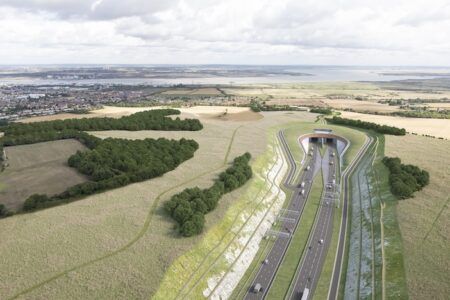As part of its ongoing commitment to improving the country’s air quality through the electrification of transportation, the UK government has announced almost £30m (US$42m) in new funding to develop technology that will unlock the potential for electric vehicles (EVs) to help power people’s homes.
Through its Industrial Strategy, the government is committed to becoming a world leader in shaping the future of mobility, and in the design and development of the clean technologies of the future. The new investment will help deliver on its ambitions, supporting vehicle-to-grid (V2G) technologies that could enable electric cars and other vehicles to deliver electricity back to the ‘smart grid’, to light homes and power businesses.
The funding has been awarded to 21 V2G projects, to pay for research and design and development, with the aim of exploring and trialing both the technology itself, and commercial opportunities. These schemes will demonstrate how energy stored in EV batteries could be borrowed by the electricity system during peak hours, before being recharged during the off-peak in time for their next journey.
The new investment will help deliver on the government’s ambition, set out in the recently published Automotive Sector Deal, to be at the forefront of low-emission and electric vehicle production, powering the next generation of innovative, environmentally friendly vehicles.
The competition for government funding, run by the Innovate UK agency, saw a host of winners including SSE Services, Nissan, OVO Energy, Octopus Energy, Cisco, Flexisolar, and AT Kearney.
One of the showcase projects is the V2GO (below) scheme taking place in Oxford, which will test the use of EVs in dense urban areas to significantly reduce local emissions and improve air quality, boosting the quality of life for residents, and benefitting businesses.
Led by EDF Energy R&D UK, V2GO is a large-scale demonstration of V2G charging in the city using 100 electric fleet vehicles (cars and vans) from a number of organizations, including several delivery and taxi companies. The project will develop, trial and evaluate potential business models for fleet operators’ use of EVs and their suitability for vehicle to grid (V2G) charging.
“As the number of electric vehicles grows and their battery capabilities increase, there is a huge opportunity for them to make a significant contribution to a smart grid,” explained UK Transport Minister Jesse Norman. “These projects are at the cutting edge of their field. They could revolutionize the ways in which we store and manage electricity, both now and in the future.”




